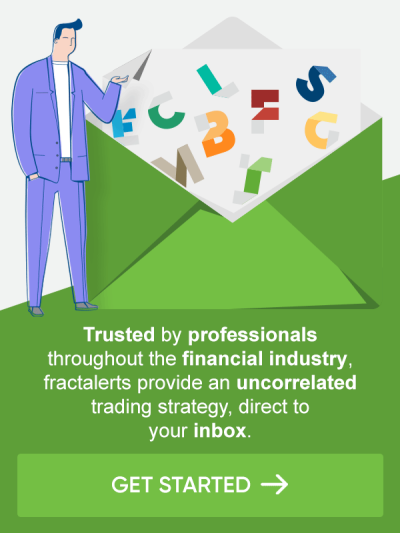Algorithmic trading, hedge funds and primates… who’s best to to handle your investments?
In 2014, the monkeys won again. The average hedge fund earned 6.7%. The monkeys did over three times better, earning a massive 21% return.
In 2014, the monkeys won again. The average hedge fund earned 6.7%. The monkeys did over three times better, earning a massive 21% return.
In 2015, like a scene from Planet of the Apes, the primates took control, beating the managers spectacularly again.
This made for massive headlines, about how hedge funds clearly don’t know what they are doing, how your money was probably better kept under your mattress, how your investments might not be safe. But if you drill down into the information available, you find that all is not as it seems.
Hedge funds are expensive things to run, and funds typically pass on the costs of their operation to their investors in the form of a management fee. There are the salaries, bonuses and office costs. The monkeys, on the other hand, didn’t need to take into consideration the cost of their upkeep. The bill for the bananas was clearly being picked up by someone else, so in all fairness had they made the exact same performance as the hedge funds, the monkeys would have still come out on top with no management fees to deduct.
The reason we are mentioning this is because on the surface, algorithmic trading (what we specialize in here at fractalerts) is as similarly misunderstood to the hedge fund/monkey scenario.
What are algos?
Algorithmic trading, or black box trading, are terms that encompass trading systems that require complex mathematical formulas calculated on high-speed computer software in order to make trading decisions.
On the surface this much misunderstood system has been linked to terrible volatility in the stock market, most notable the 2010 Flash Crash. But, again like if you dig just below the surface, things aren’t that simple…
Algos a go go!
Algorithms respond immediately to changes in the market. What would take a human trader a couple of minutes to calculate or decide, is in reality calculated, carefully considered and actioned within a fraction of a second. In fact, an algorithm is only limited by the computing power that is available to it.
//www.cftc.gov/idc/groups/public/@economicanalysis/documents/file/oce_flashcrash0314.pdf">The Flash Crash was not caused by the use of algos, but in fact by the demand of immediacy from the human investors in the markets at that time. They’re reactions were, well, a little slow, which caused the market to slide.
But in the same way as the hedge funds being beaten by monkeys (until you look closer), algos will be blamed for similar events in the future no doubt, despite not being responsible.
But that said, when it comes down to it, algo trading is here to stay. And with more institutions and banks funding increasing amounts of algo R&D, well, your traditional investments are probably already benefiting.
What makes it accessible to all is the range of ways algorithmic trading can be incorporated into your personalize trading approach. Here at fractalerts we send you out alerts based on our algorithms, telling you when to flip your position in the markets from long to short and back again. There are other companies out there who offer you a fully automated experience. Even if you’ve just got a working knowledge of coding, a grasp of mathematics and a willingness to try, you can even create your own system.
But what it boils down to is the fact that by harnessing advance mathematics, you can make decisions quicker than the fastest hedge fund managers. And if you are using fractalerts, those decisions are going to be based on decades of refining, developing and testing.
So what are you going to choose? The monkeys that might just make you a quick buck, or the tried and tested algorithmic approach?
-

The rhytm beneath the noise
-

You Don’t Need a Trading Style. You Need an Edge.
-

Consistency Isn’t the Goal—It’s the Outcome
-

What 2 Quadrillion Data Points Told Us
-

Math and Physics-Based Trading in Any Market Condition
-

Do not worry about anomalies
-

Consistency should not be the goal. Consistency should be the result.
-

Stop canceling fridays
-

The Elliott Wave Forecast is Subjective, Bias Driven And Backwards looking
-

Finding patterns in market data

